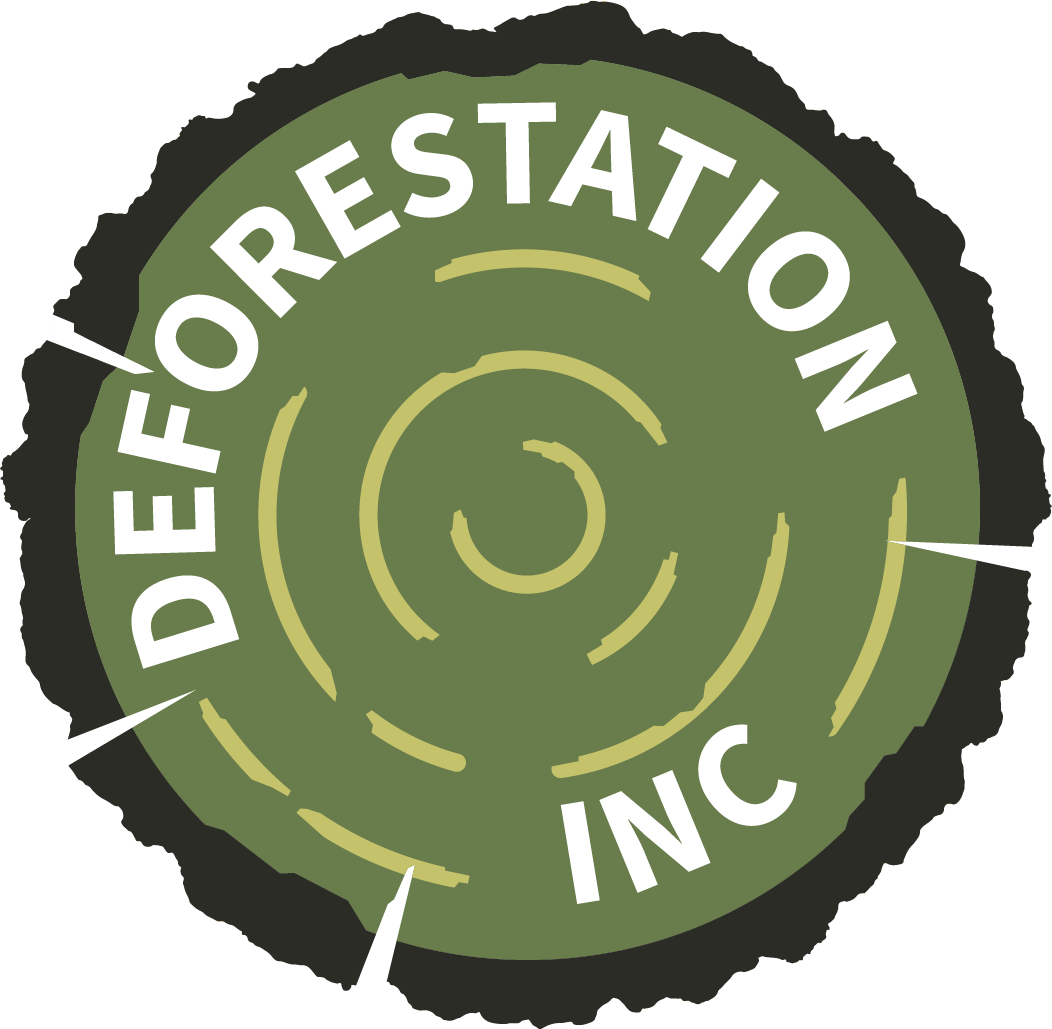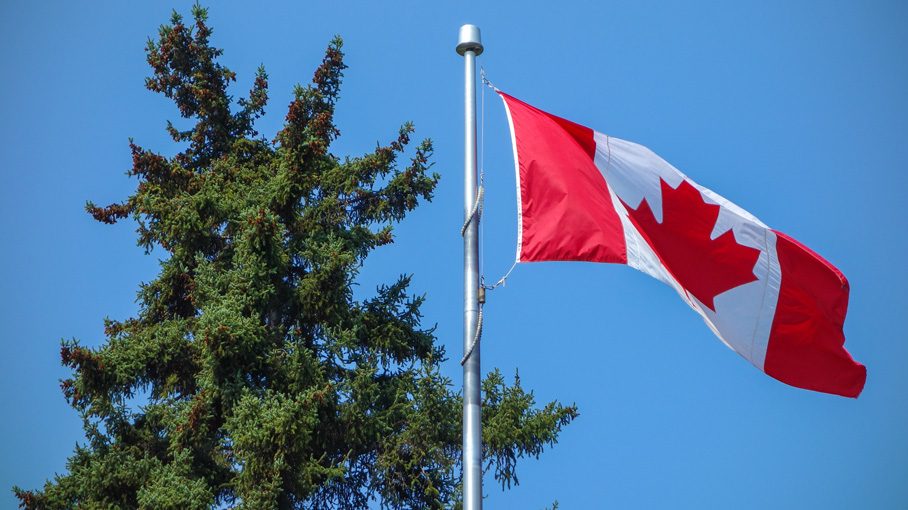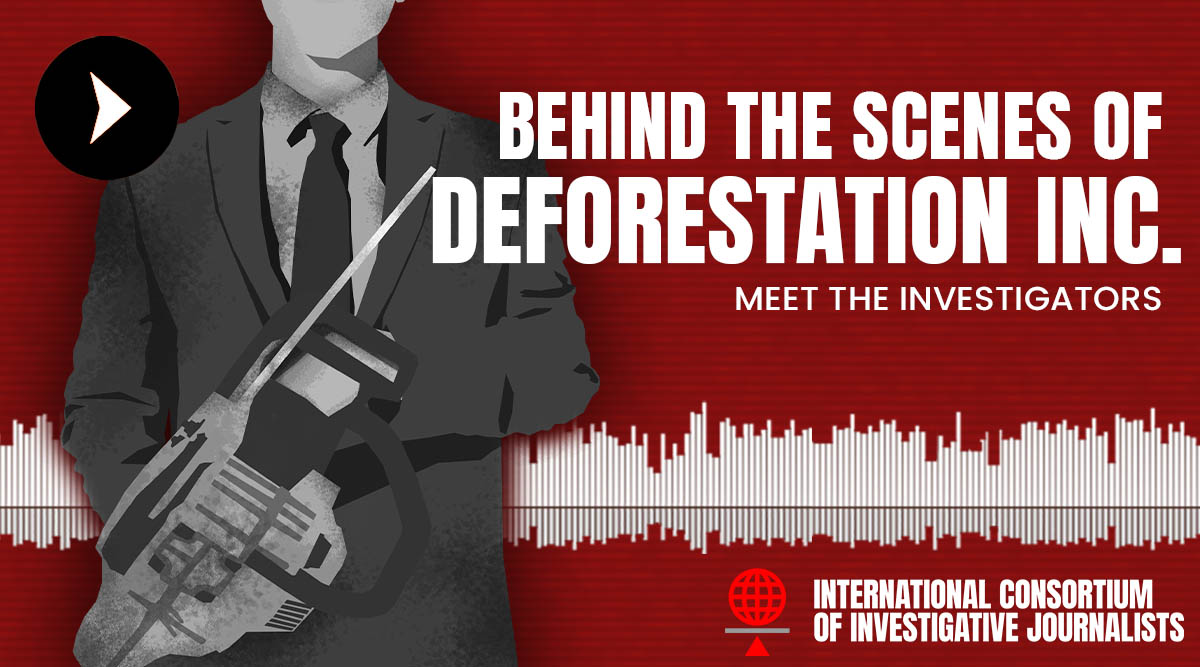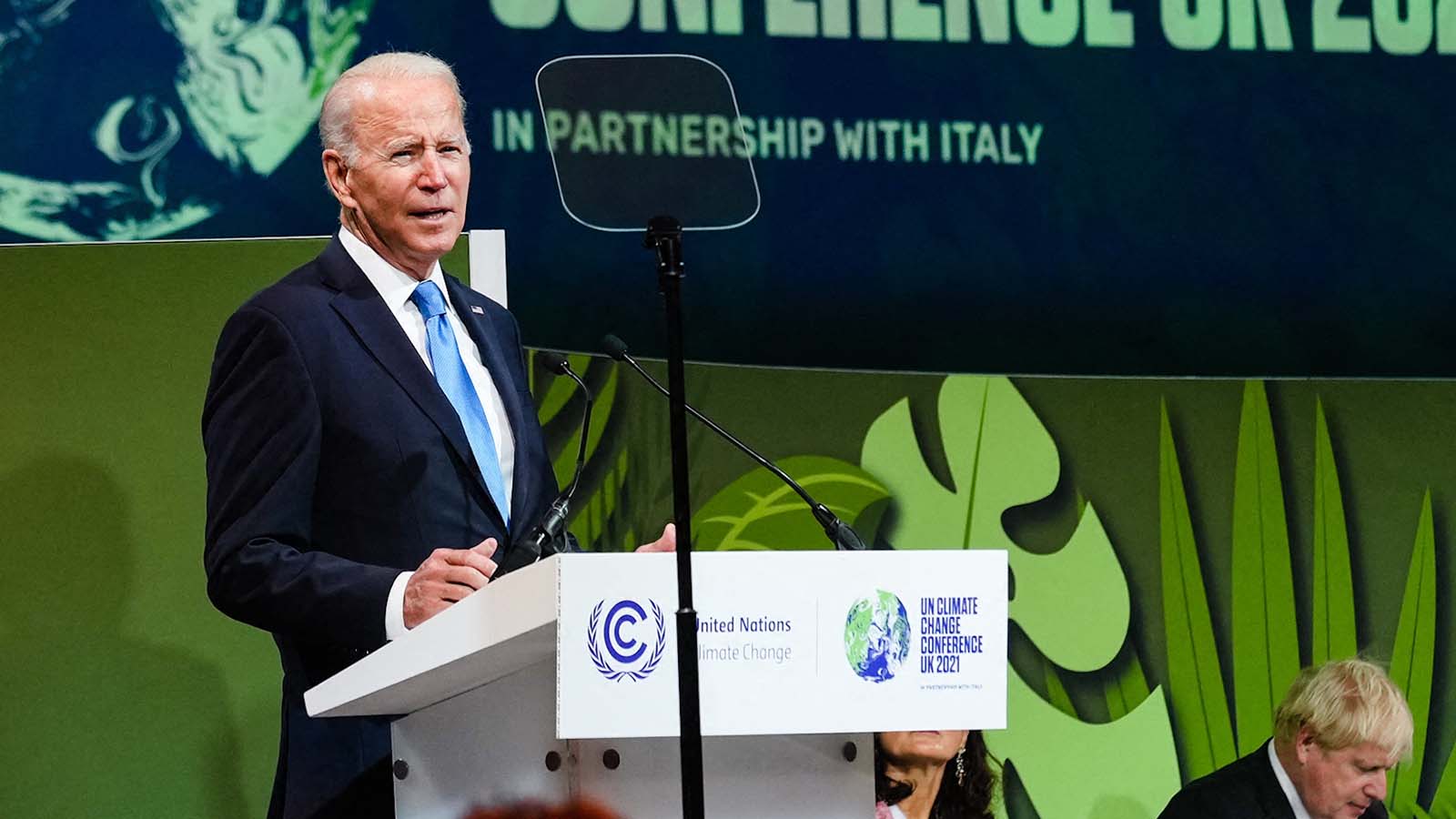IMPACT
EU bans import of deforestation-linked goods
The new law requires companies to obtain “due diligence” statements before bringing products into Europe.
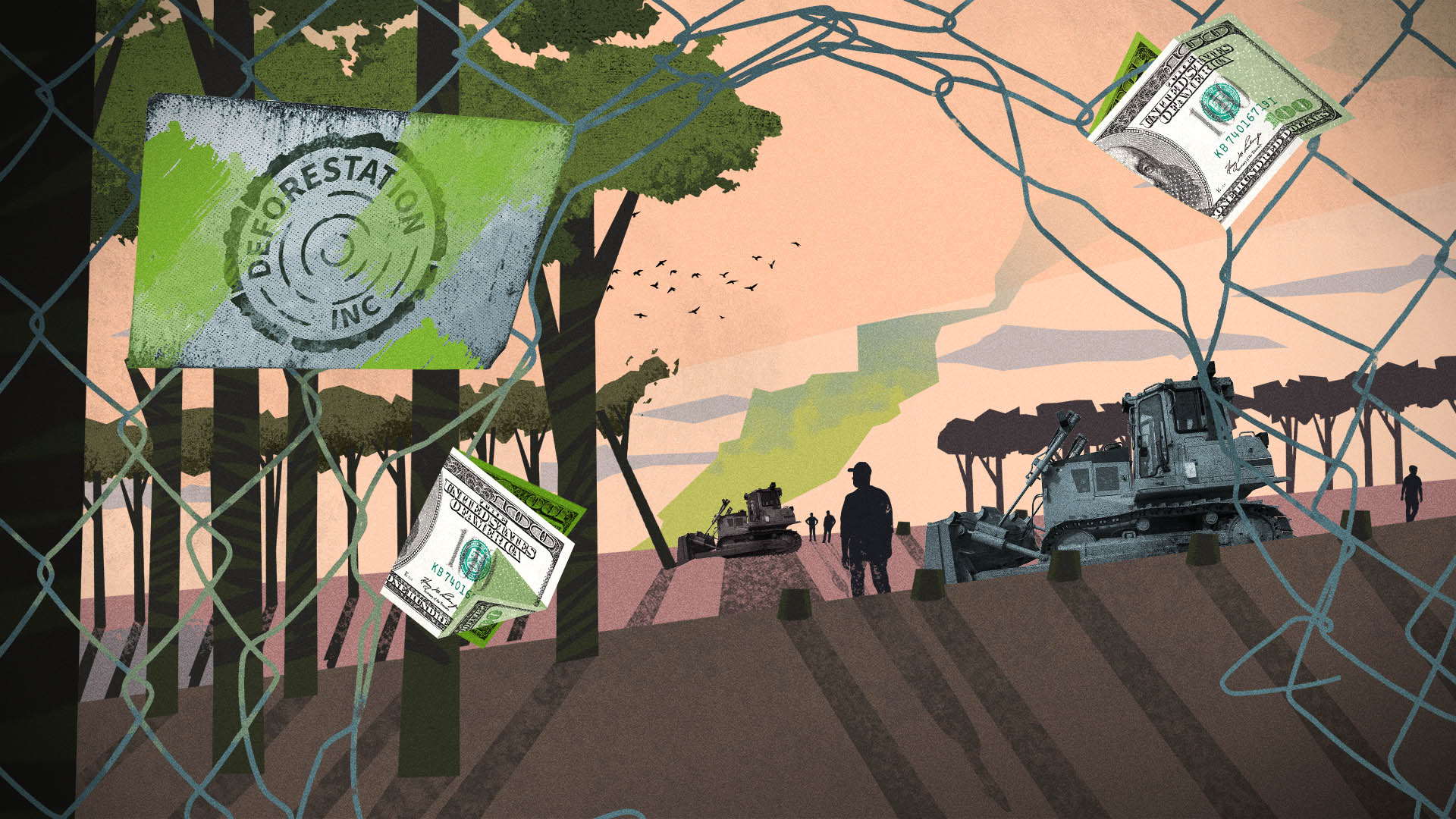
Timber products, coffee, beef, and even chocolate will be banned from import and sale in Europe if they are found to be linked to deforestation, under a landmark new law approved last week.
The new regulation, formally adopted by the European Parliament on Wednesday, will require companies importing products made from wood, cattle, cocoa, coffee, palm oil and soy to obtain a “due diligence” statement that confirms the goods were not derived from deforested lands or linked to forest degradation.
The member of parliament responsible for shepherding the legislation through, Christophe Hansen, said the passage of the law was a key step in the fight against climate change. He also believed this law would help deepen trade relationships between the European Union and countries that “share our environmental values.”
“I am relieved that European consumers can now rest assured that they will no longer be unwittingly complicit in deforestation when they eat their bar of chocolate or enjoy a well-deserved coffee,” he said.
While the law was first proposed more than 18 months ago and agreed upon in December last year, its formal approval comes a month after the publication of International Consortium of Investigative Journalists’ Deforestation Inc. investigation, which revealed widespread flaws in environmental auditing and certification programs intended to promote responsible forestry and combat illegal logging and deforestation.
During the nine-month investigation, involving reporters from 27 countries, ICIJ and its partners found that major environmental auditing firms have ignored or failed to recognize glaring environmental damage caused by more than 340 clients in the forest-product industry, clients whose practices they certified as sustainable. The clients included timber traders, paper and pulp producers, furniture makers and other companies that deal in commodities linked to deforestation.
Under the new EU law, the European Commission will conduct an assessment to classify countries as low-, standard- or high-risk for deforestation, with higher levels of due diligence required for goods imported from riskier jurisdictions. Authorities will use satellite monitoring tools and DNA analysis to assess products’ origins, and companies caught not complying with the new requirements will face fines.
The new EU law will need to be formally endorsed by the Council of the EU and published into the EU Official Journal before coming into force.
The passing of the law comes on the back of a recent proposal from the European Commission to crack down on the practice of greenwashing, in which companies make unfounded or misleading claims about the sustainability of their products. The proposed new directive would require companies that want to sell “green” labeled products in EU countries to undergo an independent verification of their environmental claims. The proposal will need the approval of the European Parliament and the Council to become law.
